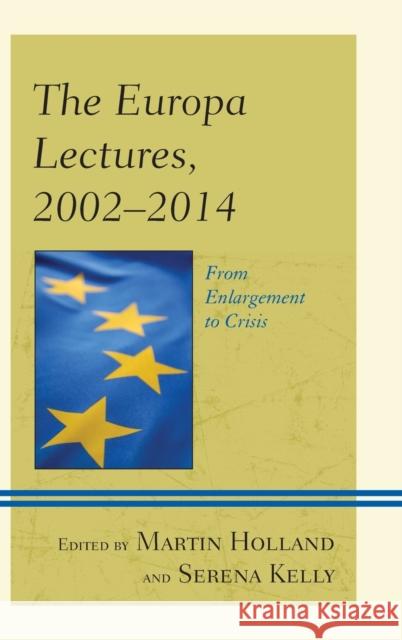The Europa Lectures, 2002-2014: From Enlargement to Crisis » książka
The Europa Lectures, 2002-2014: From Enlargement to Crisis
ISBN-13: 9781498501064 / Angielski / Twarda / 2017 / 160 str.
Commencing in 2001, the Europa Lecture has become a high-profile fixture on the EU-New Zealand calendar. As witnessed by the fifteen lectures reproduced in this new volume, the speakers were selected for both their high-level profile as well as their importance to this bilateral dialogue. This volume includes speeches from three Prime Ministers, a President, four European Commissioners as well as four Foreign Ministers both European and New Zealanders. Each lecture, naturally, reflects the important issues of their day and cumulatively they produced a unique record of how EU-New Zealand relations have evolved, matured and continued to converge since the start of the new millennium. The earlier lectures reflect a general optimism in the European integration project, perhaps best highlighted by the historic enlargement of 1st May 2004. However, with the onset of the global financial crisis and then subsequent Eurozone debt crisis, the anticipated trajectory towards a supranational "ever closer union" was interrupted and the EU found itself confronting a period of both internal and external criticism and anxiety. It was in these less than auspicious times that significant effort towards enhancing New Zealand's bilateral relations with the EU gained momentum. These initiatives are expected to bear fruit in 2016 with the signing of a Partnership Agreement on Relations and Cooperation and - BREXIT not withstanding - a fully-fledged EU-NZ Free Trade Agreement before 2020. This collection of lectures ends just as the rise in Euroscepticism became evident and the first serious murmurings of BREXIT could be detected within British politics. The impact the UK's decision will have on EU-New Zealand relations remains uncertain although, as the introductory chapter to this volume suggests, since 2015 New Zealand's media have seemingly begun to conflate coverage of the EU as being tantamount to BREXIT. If this trend does come to dominate the New Zealand media landscape then Kiwi perceptions towards Europe run a risk of becoming unbalanced and a "Back to the Future" perspective reflecting the difficulties of the 1970s may again come shape perceptions.











